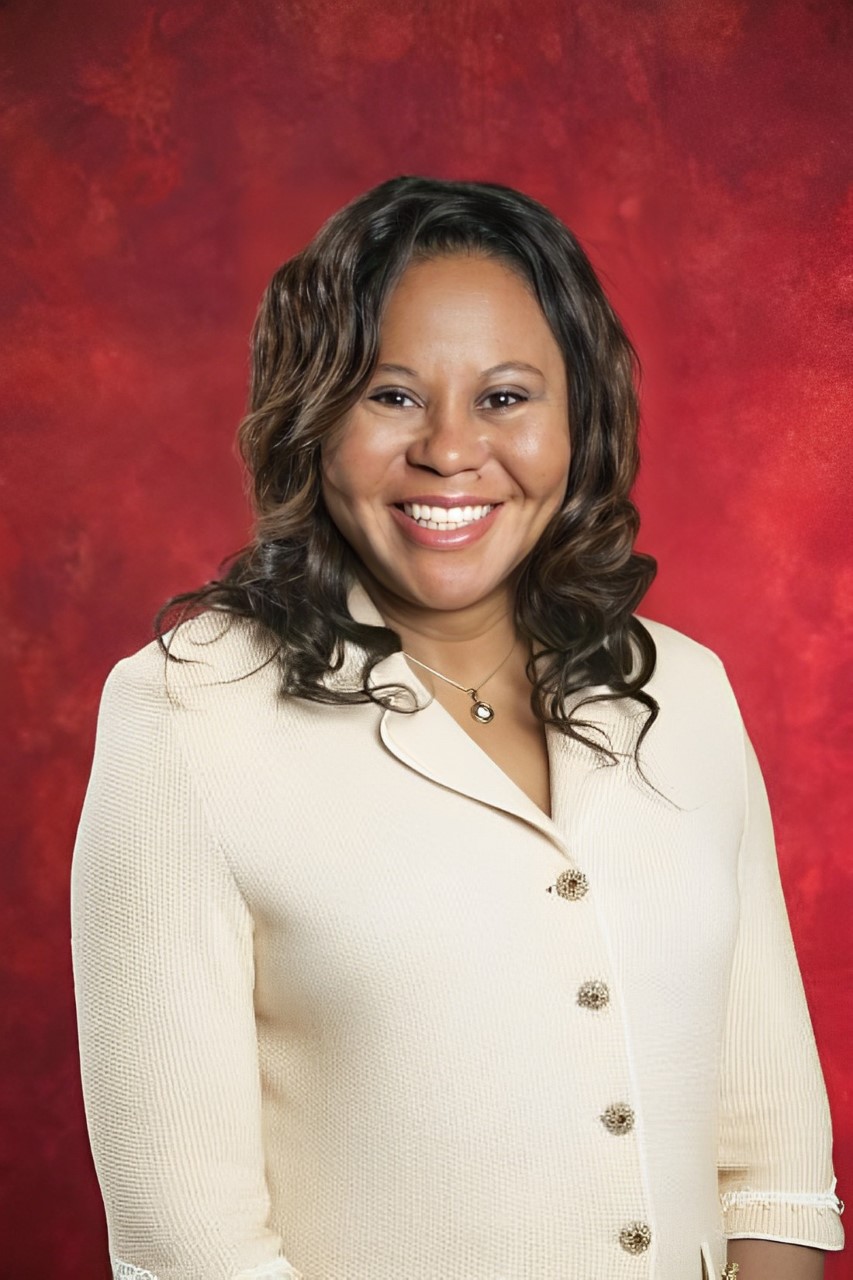Mentorship Part and Parcel With Career Advancement

Michelle Terry, MD, FAAP
March 16, 2023
My journey into pediatrics derives mainly from the imprint of one person. Someone who made each of his students feel as if they had enormous potential. Someone who took time to get to know his students by name and asked about their interests. This individual set an extremely high bar for attention to detail and thoroughness in investigation and was enthusiastic in celebrating personal and professional milestones. I am 99% sure the influence of Dr. Ralph Feigin is why I became a pediatrician.
I met Dr. Feigin early in my medical school career. I was fortunate to have inpatient pediatrics as my very first clinical rotation, and he was my inpatient attending. Dr. Feigin is a co-author and editor of numerous textbooks and journals in pediatrics and infectious disease, including Feigin and Cherry's Textbook of Pediatric Infectious Diseases and Oski's Pediatrics: Principles and Practice. He was also an associate editor for the AAP journal Pediatrics. During my time as a medical student, he was chair of the department of pediatrics at Baylor College of Medicine and physician in chief at Texas Children’s Hospital.
Mentorship is a key component of career progression and fulfillment. This is why many medical students, residents, and early career faculty are assigned mentors at some point during their educational journey. However, that assignment does not come with instructions on how to make the most of the interaction, so sometimes the mentor and the mentee do not know how to progress together. Here are a few tips to make the most of a mentor/mentee relationship.
Connection:
Make the commitment to show up at events that interest you, reach out to people you want to get to know, and approach all collegial interactions with curious intention. It is to your benefit to have several people to whom you can turn for advice regarding the different facets of your personal and career lives.
Scheduling:
Everyone has a full calendar of events and often there is not enough time in the day to address all the pending assignments, yet scheduling time with the person committed to your career is a priority. A suggestion is to pick a fixed date and time for the entire year and stick to it. The mentee should send an agenda about what will be discussed, and the mentor should be prepared with patience, receptiveness, resources, and feedback.
It is to your benefit to have several people to whom you can turn for advice regarding the different facets of your personal and career lives.
Career Development Plan:
The career development plan can include short-term goals to manage situations in the workplace and long-term goals that may require planning for academic promotion, (e.g., skills assessment; research funding potential; publications; local, regional, and national speaking engagements; increased clinical responsibilities; educational portfolio; and community participation and outreach - to name a few).
Mentor relations offer connection, guidance, wisdom towards career advancement and satisfaction. Oftentimes a mentor can offer an historical perspective, connect opportunities for personal benefit, describe a cautionary tale, and make significant introductions to propel research, educational, and clinical interests to help plan your career in medicine that will change numerous times over many decades.
In a long-term mentor/mentee relationship, there will be bidirectional learning where the mentor will learn from the mentees' experiences and work to change systems and processes for the greater benefit of current and future colleagues. However, it is not a one-size-fits-all situation - values and missions are paramount in any successful mentor pairing. What is right for one, may be wrong for another. Remember to thy self be true in all circumstances because the understanding of self is the most rewarding goal. That is just one nugget of advice I offer to the students I look to mentor, hoping to influence them the same way Dr. Feigin influenced me. The more we pay it forward in the medical field, the better we become as physicians with greater benefits to provide for our patients.
*The views expressed in this article are those of the author, and not necessarily those of the American Academy of Pediatrics.
About the Author
Michelle Terry, MD, FAAP
Michelle Terry, MD, FAAP, is an attending physician and clinical professor in the Department of Pediatrics at the University of Washington School of Medicine. She serves as a general medicine attending physician at Seattle Children's and her clinical interests include medical education, medical regulation, and advocacy. Terry is also the assistant dean for underrepresented in medicine and science (URMS) at the University of Washington School of Medicine.